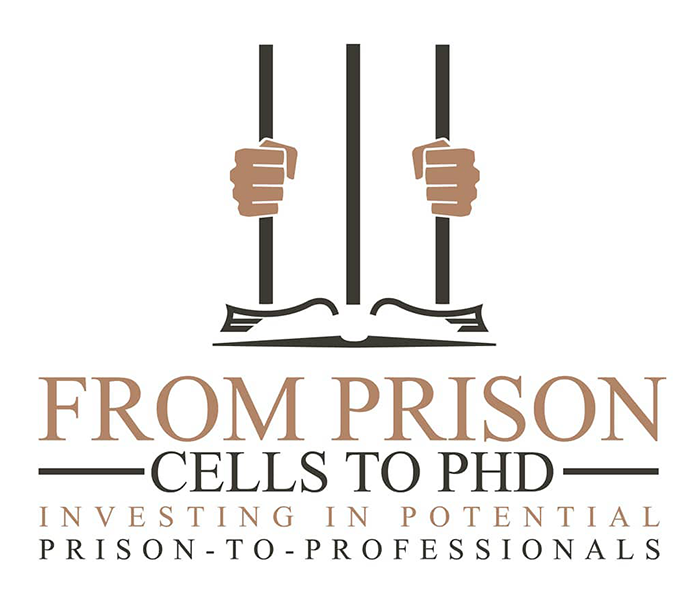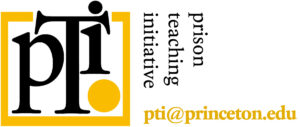Understanding Incarceration
How much do you know about the carceral system?








Facts About Incarceration

2.3 million people are locked up in more than 6,000 correctional facilities operated by thousands of agencies.
Source: https://www.prisonpolicy.org/factsheets.html
Today, people of color make up 37% of the U.S. population but 67% of the prison population. Overall, in the US, Black people are more likely than white people to be arrested; once arrested, they are more likely to be convicted; and once convicted, they are more likely to face stiff sentences
Source: https://www.sentencingproject.org/criminal-justice-facts/
The rate of women’s incarceration has grown at twice the pace of men’s in recent decades, and has disproportionately been located in local jails.
Source: https://www.prisonpolicy.org/factsheets.html
Women of color are significantly overrepresented in the criminal justice system. Black women represent 30% of all incarcerated women in the U.S, although they represent 13% of the female population generally Hispanic women represent 16% of incarcerated women, although they make up only 11% of all women in the US.
Source: https://www.aclu.org/other/facts-about-over-incarceration-women-united-states
People who have spent time in prison suffer the greatest losses, with their subsequent annual earnings reduced by an average of 52 percent.
Source: https://www.brennancenter.org/our-work/research-reports/conviction-imprisonment-and-lost-earnings-how-involvement-criminal
Women are the fastest growing segment of the incarcerated population, with more than one million women behind bars or under the control of the criminal justice system.
Source: https://www.aclu.org/other/facts-about-over-incarceration-women-united-states

Over 1.5 million children have a parent in prison.
Source: https://www.aclu.org/other/facts-about-over-incarceration-women-united-states

More than 8.3 million children have a parent under correctional supervision (e.g., probation and parole), and more than one in five of these children is under five years old.
Source: https://www.aclu.org/other/facts-about-over-incarceration-women-united-states
Resources on Incarceration
The following resources on broadening participation in STEM education and careers have been recommended by STEM-OPS partners.

Podcasts
- SySTEM Impacted Podcast (from Princeton Prison Teaching Initiative, hosted by Christopher Etienne)
- 70 Million (from Lantigua Williams & Co., hosted by Mitzi Miller)
- Broken Justice (limited series from PBS News Hour, hosted by Amna Nawaz & Frank Carlson)
- Caught: The Lives of Juvenile Justice (from WNYC Studios, hosted by Kai Wright)
- About Race (from and hosted by Reni Eddo-Lodge)
- Code Switch (from NPR, hosted by Gene Demby & Shereen Marisol Meraji)
Videos
- It’s a Hard Truth, Ain’t It (Documentary by Madeleine Sackler)
- Just Mercy (Film by Destin Daniel Cretton)
- Last Days of Solitary (Documentary by Dan Edge)
- Life on Parole (Documentary by Matthew O’Neill)
- Policing the Police (Documentary by James Jacob)
- Prison State (Documentary by Dan Edge)
- Second Chance Kids (Documentary by Ken Dornstein)
- Stickup Kid (Documentary by Caitlin McNally)
- The Black Power Mixtape: 1967–1975 (Documentary by Göran Hugo Olsson)
- The Central Park Five (Documentary by Ken Burns, David McMahon, & Sarah Burns)
- The New Asylums (Documentary by Miri Navasky & Karen O’Connor)
- The Prison in 12 Landscapes (Documentary by Brett Story)
- The Released (Documentary by Miri Navasky & Karen O’Connor)
- They Call Us Monsters (Documentary by Ben Lear)
- Tutwiler (Documentary Short by Alysia Santo)
- When Kids Get Life (Documentary by Ofra Bikel)
Organizations

Blogs
- Black Girl Dangerous (Mia McKenzie)
- Confronting Anti-Black Racism (PBS LearningMedia, K-12)
- Raising Race-Conscious Children: A Resource for Talking about Race with Young Children
Please take 1 minute to fill out this survey about how this project may have influenced you or helped you learn new information. Your response will help STEM-OPS learn about our shared impact on messages about people impacted by incarceration and help us improve our approach to changing societal narratives





